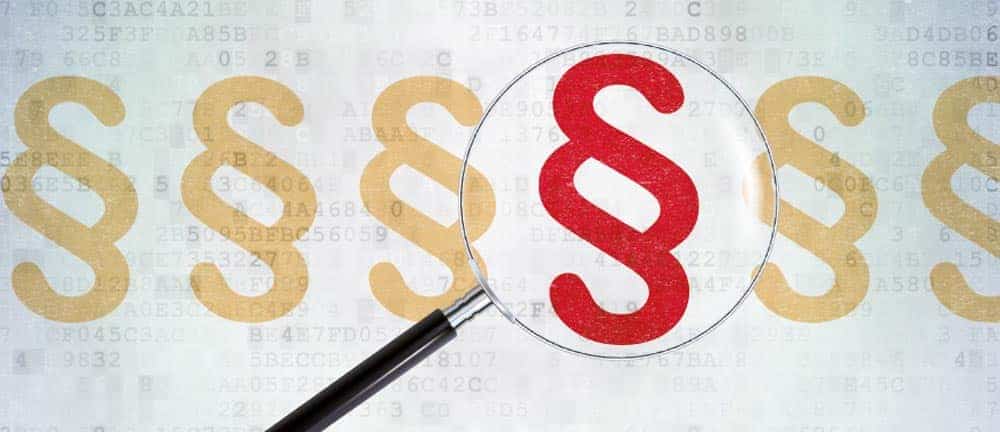Legal perennial: SAP licenses


The abolition of the Limited Professional User(LPU) due to changes in SAP's PKL (Price and Conditions List) at the end of 2014 caused irritation among many users.
According to SAP, a subsequent purchase should only be possible if a clear definition of the LPU is agreed with SAP by mid-August.
Why hadn't SAP delivered one itself in the past? Shouldn't the redefinition simply be used to push through a price increase?
There is some evidence in favor of this. A legal analysis of earlier LPU metrics shows considerable room for interpretation in favor of the user. And ambiguities in general terms and conditions (GTC) are at the expense of the user.
So exhaust the scope of interpretation within its permissible limits - also in the future!
The topic of "indirect use" has preoccupied the community for years. Only since 2011 has there been a very sweeping passage in the terms and conditions regarding the license obligation.
Accordingly, the User must have the necessary rights of use, as defined in more detail in the PKL, for all persons who use SAP software "directly and/or indirectly".
However, access by users via interfaces to third-party applications was already presented by SAP as requiring a license before this passage was included in the GTC.
To our knowledge, there are no court decisions on the legality of this practice and the underlying GTC clause. In 2014, an attempt was made to place indirect use on a sounder legal footing by introducing new user types in the PKL.
Legally, the issue is by no means trivial. It is wrong to believe that indirect use has only been subject to remuneration since 2011 or even 2014. Complex copyright issues are at stake.
In order to know which uses are actually "indirect uses" within the scope of the GTC/PKL and which of them are subject to remuneration, a case-by-case analysis must be carried out - this applies to both old and new contracts.
Overall care" also remains a legal hot potato. Although sales enable partial terminations of care contracts via so-called "decommissioning" or "partial decommissioning", often in conjunction with new contracts in the cloud and/or Hana area, partial termination remains formally prohibited under the GTCs.
The user has to keep permanently and all installations of the SAP software in maintenance or cancel the maintenance altogether.
In the course of restructuring or M&A processes, this can lead to a considerable additional financial burden and cost the company senseless millions.
It would be so easy for SAP to allow partial termination of care with regard to individual contracts or products. At our instigation, a complaint to this effect is currently before the German Federal Cartel Office.
In 2012, the European Court of Justice clearly ruled in favor of users that software licenses acquired by purchase may be resold under certain conditions. This also applies to SAP software.
The users are the owners of the software. There can be significant cost advantages for users if they resell the software instead of "decommissioning" it at SAP's instigation.
From a legal point of view, it also seems quite contradictory to "decommission" your own property. That would be like BMW demanding that you leave the car in the garage forever if you no longer want to have it serviced.
Therefore: Be careful with decommissioning agreements! In connection with used software, we are currently concerned, among other things, with the questions of whether users are entitled to maintenance of used software and to what extent partial disposals from individual contracts may be made.
My tip: Check your legal options carefully and use the leeway to make better contracts!






